How important is temperature when you are Die Casting
Author: SAIVS Date Published: Nov 21,2024
Temperature control is a critical factor in Die Casting.
The mechanical properties of the alloy, such as tensile and
yield strengths, are negatively affected by increased temperatures.
On the other hand, ductility generally increases with higher temperatures,
although this can vary depending on the specific alloy being cast.
Achieving the appropriate temperature is vital for both the die and the molten metal.
The molten metal must be heated properly to ensure smooth flow and complete filling of the mold.
If the metal is too hot for the mold, it can cause damage to the mold itself.
Conversely, if the mold is too cold, the rapid cooling of
the molten metal during casting can result in defects in the final product.
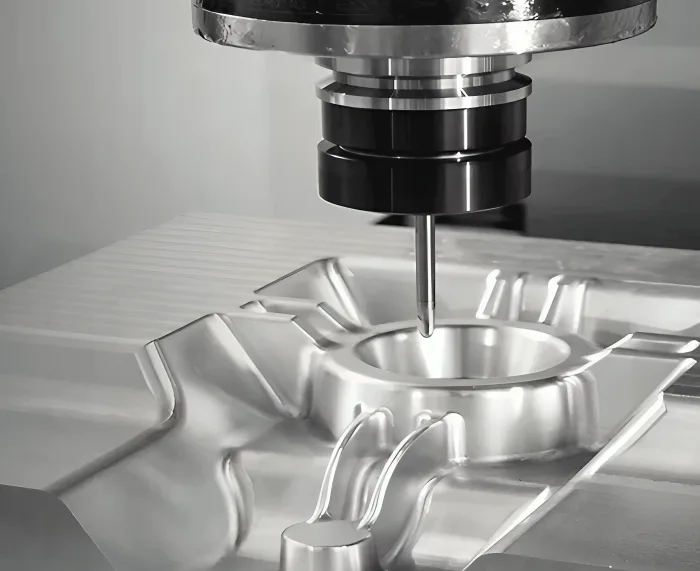
What is the proper die temperature?
The die temperature will depend on what alloy you intend to cast.
You want to avoid putting excess strain on your die,
stressing the die will lower the life expectancy of the die itself.
It is best to pour your alloy into your die when it is approximately 50°
to 70° degrees higher than the crystallization temperature of the alloy.
The die needs to be maintained at approximately a third of the alloy’s temperature.
What is the proper die casting chamber/machine temperature?
The temperature required for the die casting machine is a complex calculation
that includes things such as the alloy type, die type, size of the part to cast, and more.
The chamber temperature needs to be determined by an experienced die caster.
What is the proper alloy temperature?
The proper alloy temperature in die casting can vary depending on the specific alloy being used.
Different alloys have different melting points, solidus/liquidus ranges,
and optimal processing temperatures. Here are a few examples of commonly
used die casting alloys and their approximate recommended temperature ranges:
aluminum alloys: Most Aluminum Alloys used in die casting
have a melting range between 600°C (1112°F) and 700°C (1292°F).
The specific temperature within this range depends on
the alloy composition and desired flow characteristics.
Zinc Alloys: Zinc-based alloys commonly used in die casting
have lower melting points compared to aluminum.
The typical temperature range for zinc alloys is around 380°C (716°F) to 420°C (788°F).
Magnesium Alloys: Magnesium alloys used in die casting typically have
a higher melting point compared to aluminum but lower than zinc.
The recommended temperature range for magnesium
alloys is approximately 650°C (1202°F) to 700°C (1292°F).
Why Choose SAIVS™ as Your Supplier?
1.Superb Quality Control Management
At SAIVS, we take pride in our perfect quality management systems and procedures, which guarantees the excellent performance of all our producs, being a professional Investment Casting | Die Casting| Sand Castingmanufacturer in China.
2.Rich Production Experience
With 20 years of experience in production, SAIVS has a deep understanding of the market and trends, and strives for continuous research and innovation. This has created advantages in both the product's performance and appearance.
3.Competitive Prices
As a Chinese factory committed to becoming the most cost-effective Investment Casting | Die Casting| Sand Castingexporter in China, SAIVS provides high-quality products at advantageous prices. By lowering costs and increasing efficiency, we ensure that our customers receive the best possible value for their investment.
4.Perfect After-sales Service
At SAIVS, we strive to provide superior customer service that meets and exceeds expectations. We are always available for any questions or concerns you may have, and we stand by our commitment to providing excellent after-sales support.
Related Posts
-
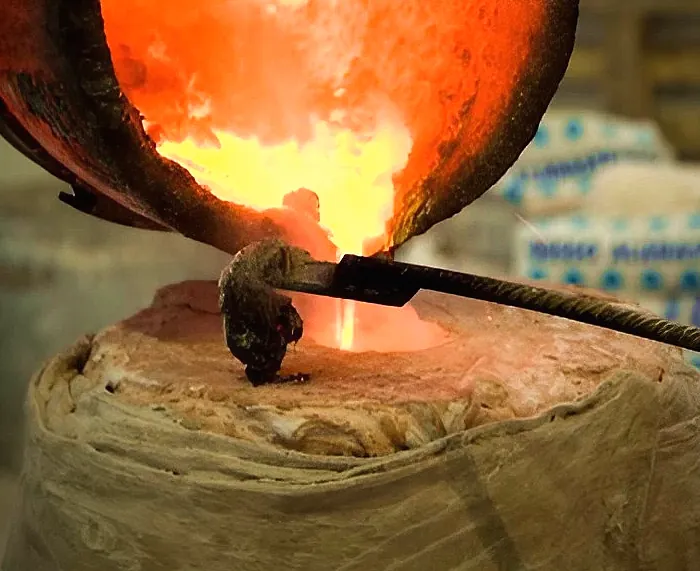
Unlocking Diversity: 3 Types of Sand Molds Commonly Used in Sand Casting
Learn about the 3 main sand molds used in sand casting.
-
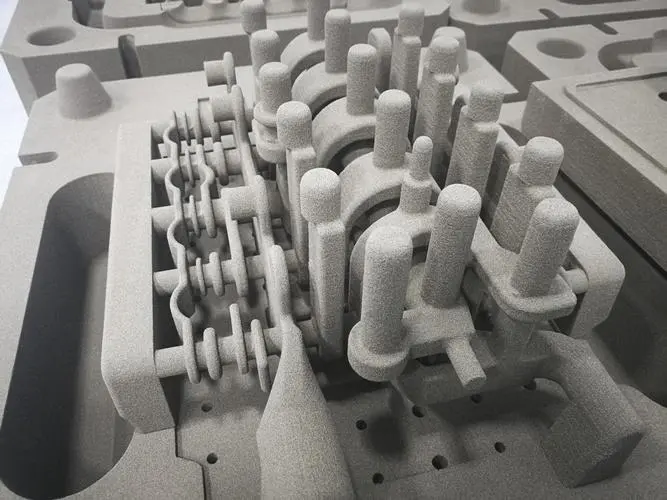
The Effective Uses of Sand Casting for Construction Machinery Parts
The construction machinery industry requires the production of big parts that have shapes, sizes, and complexities that are not easy to produce by conventional ...
-
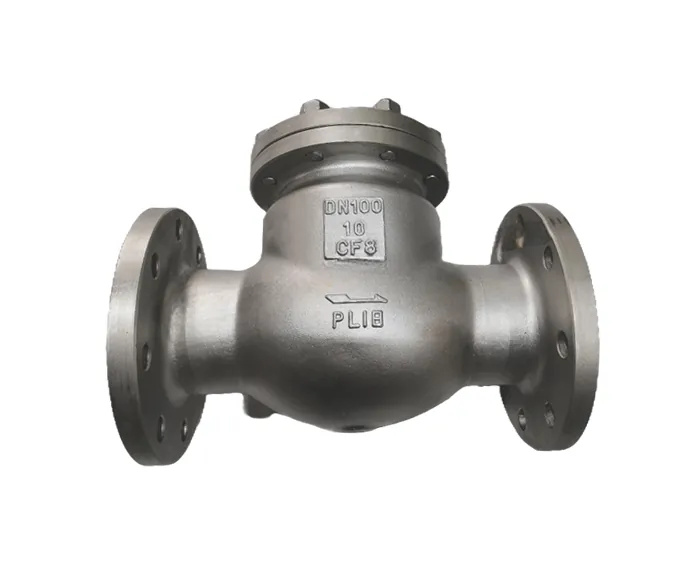
Unleashing the Power of Precision: CF8 Investment Casting for Superior Valve Bodies
Dive into the world of investment casting. Explore crafting valve bodies with CF8 stainless steel, known for its corrosion resistance.
-
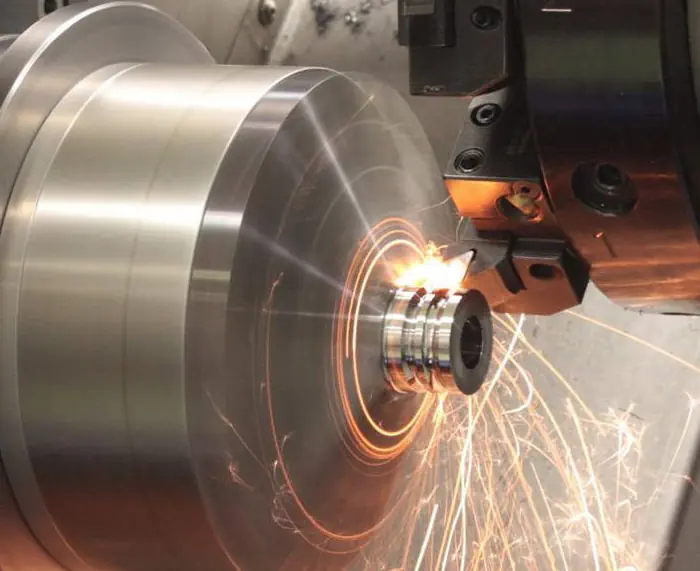
Maximizing Thread Cutting Efficiency with Indexable CNC Turning Tools
Maximizing Thread Cutting Efficiency with Indexable Thread Turning ToolsIn the world of CNC machining, selecting the right tools and cutting technology is
-
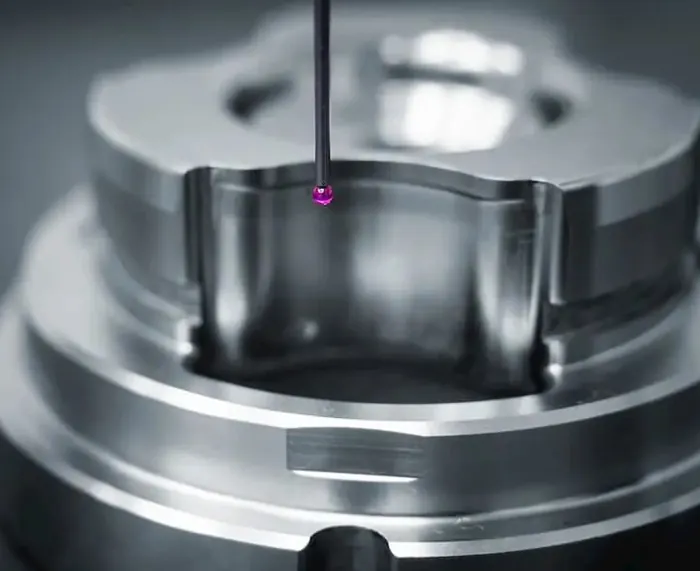
CNC Machining Tolerance Guidelines
IntroductionCNC machining is a precise manufacturing process that involves the use of computer-controlledmachines to create intricate parts and components. One ...
-
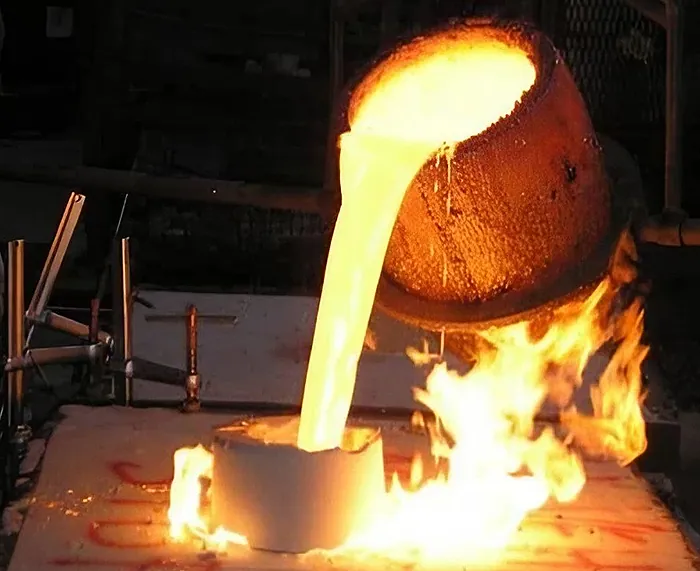
Forged vs Cast:Which Is Better
Metalworking processes play a crucial role in shaping various components and structures used in diverse industries.Among these processes, forging and casting ar...

